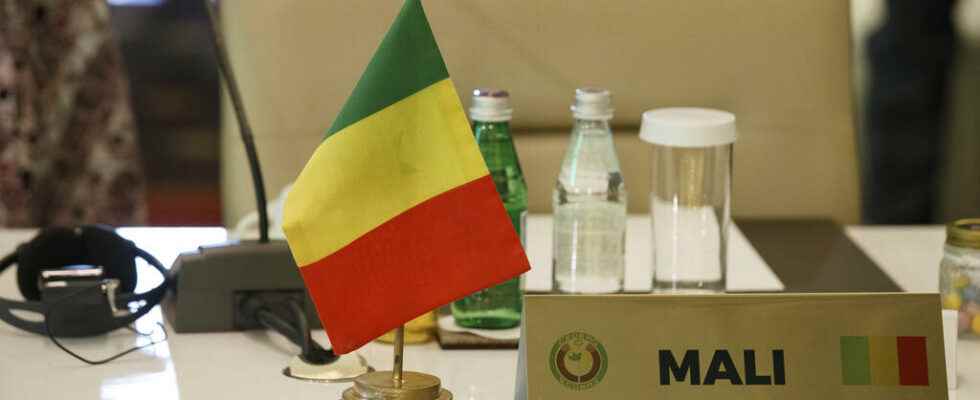An extraordinary ECOWAS summit has been announced for June 4 in Accra, with Ghana currently holding the rotating presidency of the sub-regional organization. It will be devoted in particular to Mali, but also to Burkina and Guinea.
In recent weeks, official visits, discreet or secret, have multiplied in Bamako and in the capitals of the sub-region. Togolese President Faure Gnassingbé spared no effort, at the request of the Malian transitional authorities, who asked him to plead their case with neighboring heads of state. The Organization of Islamic Cooperation has also dispatched a special envoyon tour in the sub-region since the end of April, in order to support the efforts of the Nigerian mediator Goodluck Jonathan.
For more than four months, economic and financial sanctions imposed by ECOWAS strangle public finances and Malian households. The Malian transitional authorities took power in August 2020, a year and nine months ago.
For about ten days, certain political and diplomatic sources have been suggesting the possibility of a compromise on an extension of the transition by another 16 to 18 months, accompanied by the establishment of a so-called “mission” government, whose objective would mainly be to organize future presidential and legislative elections.
Towards a lifting of sanctions?
Is such an agreement really on track? In any case, this is the dynamic of certain heads of state, assures a source close to the negotiations, who mentions in particular the attempts of Senegal, Togo or Benin to soften the positions of Côte d’Ivoire and Niger.
If an agreement were reached, would it allow an immediate lifting of sanctions, as Bamako wishes? Or progressive, depending on the progress of electoral preparations, as ECOWAS has planned from the start? Could Malian opposition political parties be integrated into the future government? What about the current Prime Minister Choguel Maïga, whose personality opposes many international partners of Mali, including on the continent?
Last March, the Malian transitional President Assimi Goïta had been personally invited to a previous summit, which had already raised many hopes for an imminent exit from the crisis. Hopes finally showered by the refusal of Colonel Goïta to go to Accra: the summit had sanctioned the continuation of sanctions and negotiations between ECOWAS and Bamako for a return to constitutional order.
